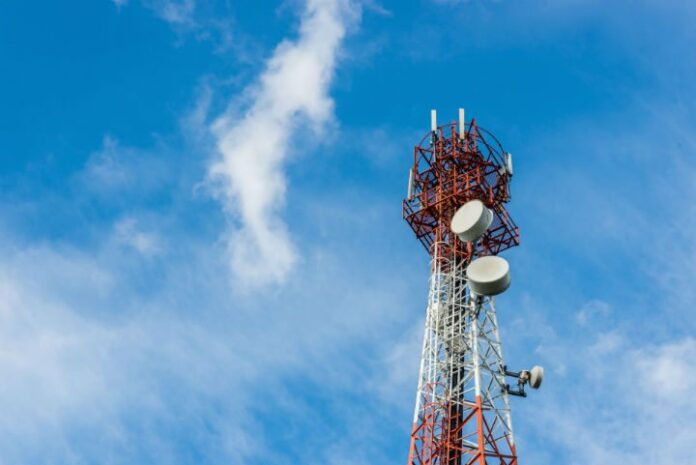The LTE-M network is designed to support simple, low-power or battery-limited IoT devices
Amid the rising interest in IoT adoptions for industrial and commercial applications, US Cellular announced that is has launched its LTE-M network, specifically for IoT applications, on 90% of its cell sites, with the other 10% expected to be added sometime during the second quarter of this year.
The LTE-M network is designed to support simple, low-power or battery-limited IoT devices, and, according to US Cellular, is considered a good option for both urban and rural settings, as well as hard-to-reach environments.
In a press release, Jim Anetsberger, US Cellular’s vice president of business sales, explained that the network will provide capabilities and features that will enable “an entirely new set of use cases” for business and government users.
“We want to set our IoT customers up for future success with solutions that are designed to meet their specific needs. Working together with our vendors and customers, we can unleash the potential of our LTE-M network,” he added.
Currently, US Cellular’s LTE-M network supports the Telit ME910C1-WW and ME910C1-NA, the Quectel BG96 and the u-blox SARA-R410M modules, but the operator has said that features and capabilities will continue to be added.
US Cellular is just one of the U.S. carriers pursuing new IoT opportunities. Verizon and Sprint provide LTE-M networks in the country, while AT&T has networks in the U.S., across Mexico, Canada and Europe. In addition, T-Mobile, AT&T and Verizon also run NB-IoT networks, with T-Mobile beating the others to the punch in July 2018.

